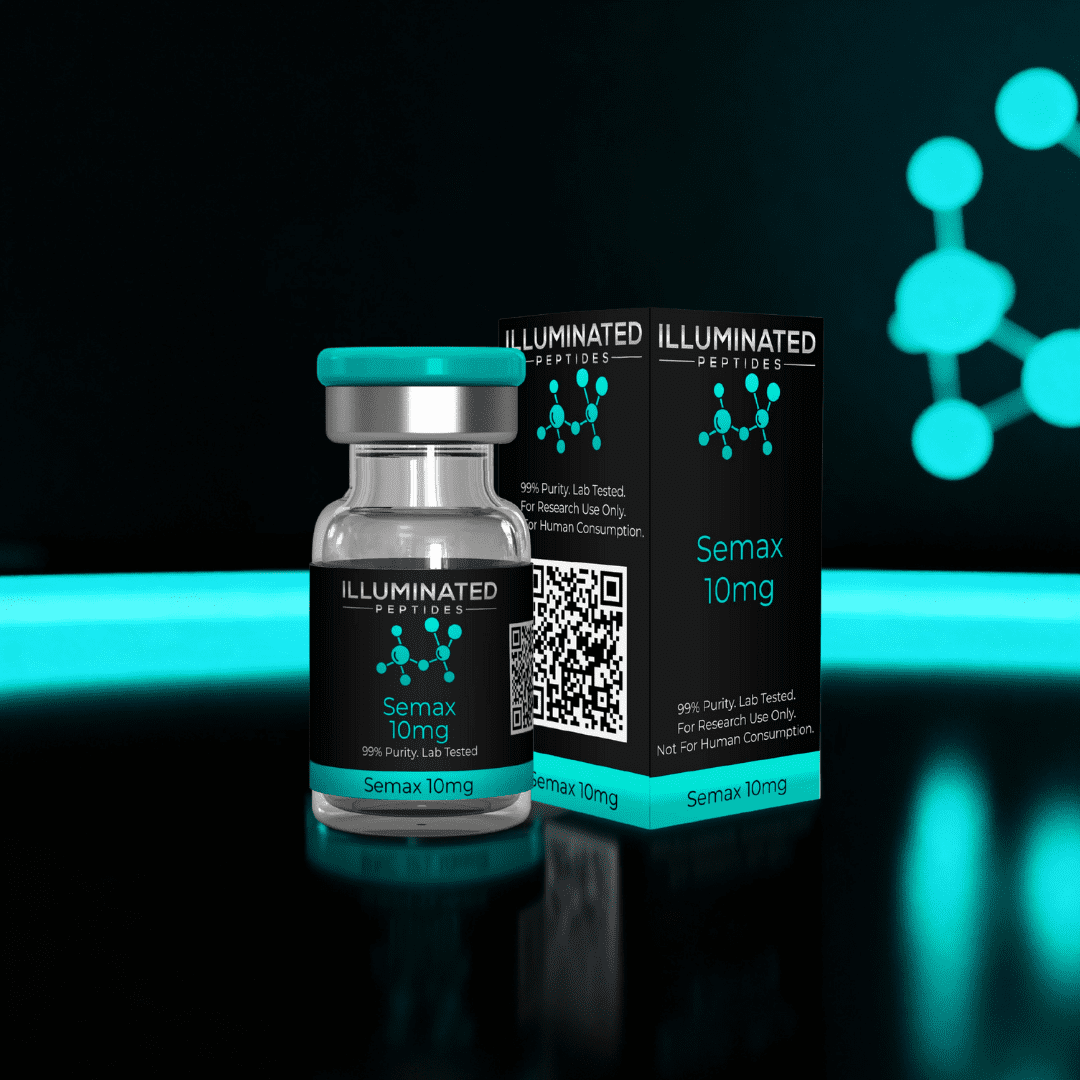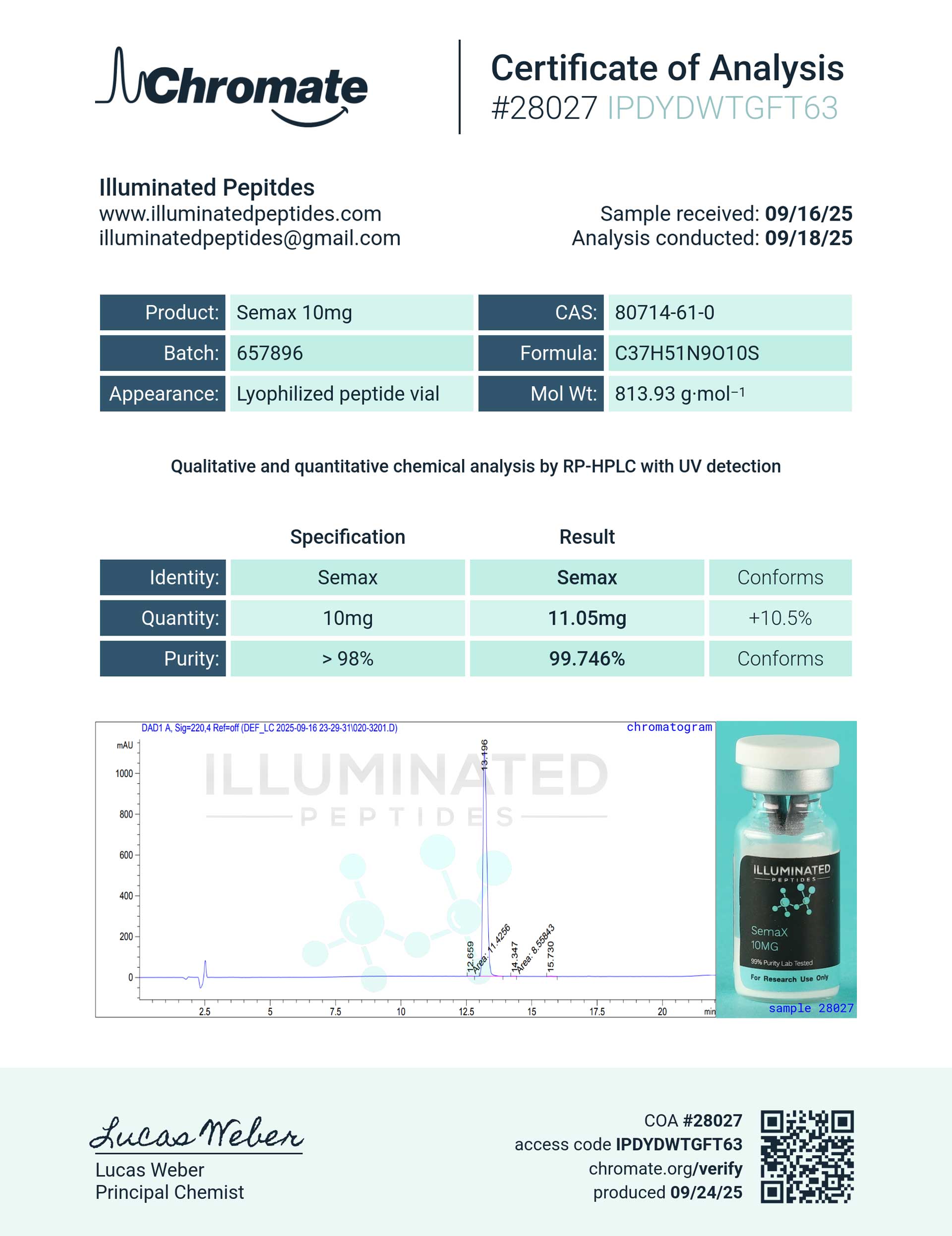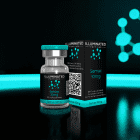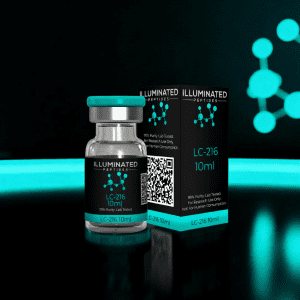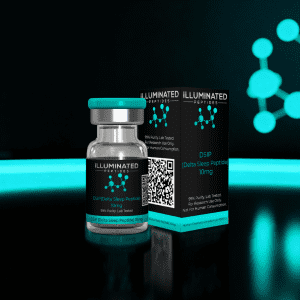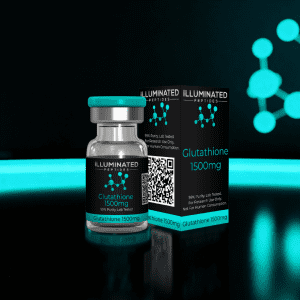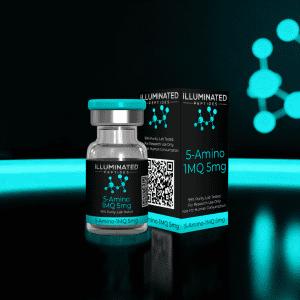Description
What is Semax?
Semax is a synthetic peptide derived from a short fragment of adrenocorticotropic hormone (ACTH 4–7) with the addition of a Pro-Gly-Pro extension to enhance stability and activity. Unlike many compounds that act peripherally, Semax functions primarily within the central nervous system, influencing processes linked to learning, memory, and neuroprotection. Specifically, it has been shown in research to modulate neurotrophic factors and neurotransmitter systems associated with cognitive performance and stress adaptation.
Research shows that Semax can influence pathways tied to cognition, neuroplasticity, and recovery from ischemic injury, and it has been investigated in clinical studies for conditions involving reduced neurological function. Beyond its focus on brain health, studies also suggest immune-regulating and antioxidant properties, making it a peptide of broader scientific and therapeutic interest.
Semax Structure
Sequence: Met-Glu-His-Phe-Pro-Gly-Pro
Molecular Formula: C37H51N9O10S
Molecular Weight: 751.93 g/mol
PubChem CID: 57467807
CAS Number: 80714-61-0
Semax Research
Semax and Cognitive Function
Semax is most widely recognized for its influence on learning, memory, and attention. Unlike compounds that act peripherally, Semax exerts its effects within the central nervous system, where it has been shown to modulate neurotrophic factors such as brain-derived neurotrophic factor (BDNF). These pathways are essential for supporting neuroplasticity, synaptic strength, and overall cognitive performance.
Clinical research has indicated that Semax may enhance memory retention, improve information processing, and support attention control. Studies involving individuals under conditions of cognitive stress or fatigue suggest that Semax helps maintain higher levels of performance, making it a unique research compound for exploring neurocognitive resilience.
Semax and Neuroprotection
Beyond cognitive enhancement, Semax has been investigated for its potential role in protecting neural tissue during ischemic or oxidative stress. Research suggests that Semax may reduce neuronal damage by regulating antioxidant responses, enhancing blood supply to vulnerable brain regions, and limiting the progression of cellular injury. These findings highlight its importance in studies of stroke and other models of acute brain injury.
Semax and Stress Adaptation
Studies have also explored how Semax modulates the body’s response to stress. By influencing neurotransmitter systems such as dopamine and serotonin, as well as neurotrophic factor expression, Semax appears to play a role in balancing mood and reducing the impact of chronic stress. This area of research connects Semax to investigations into both mental resilience and emotional regulation.
Semax and Immune Modulation
Emerging evidence points toward an immune-modulating role for Semax. Research shows that it may regulate inflammatory markers and improve overall immune responses under conditions of physiological strain. While this field remains at an early stage, it reflects the peptide’s broader systemic influence beyond cognition and neuroprotection.

